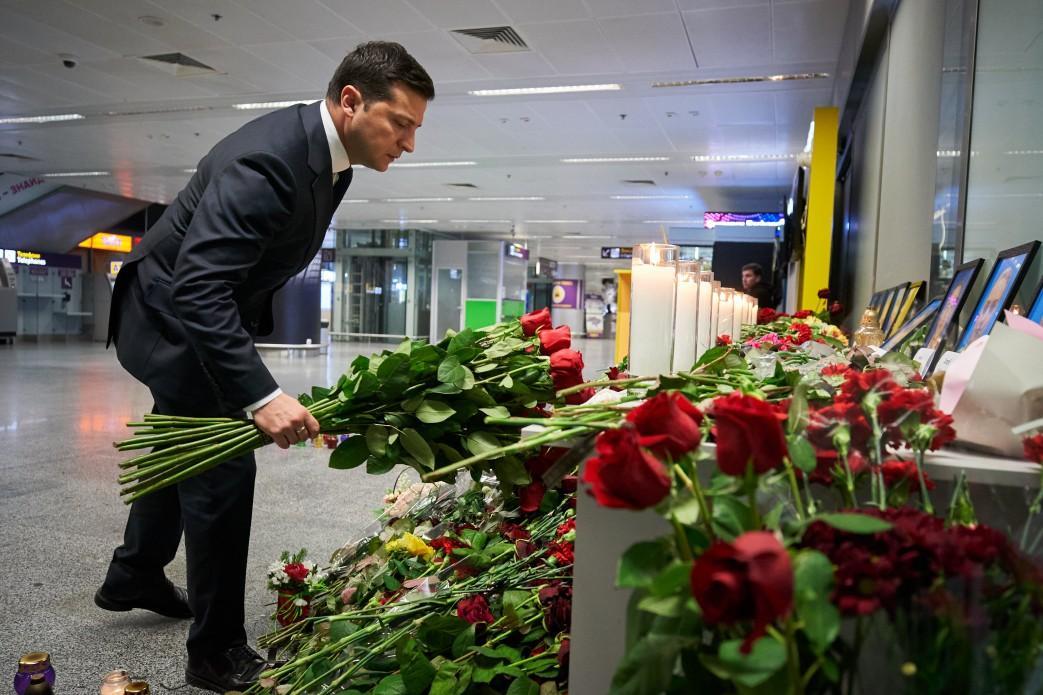
Almost five years after the July 2014 shooting down of a Malaysia Airlines Boeing 777 by a missile over Ukraine, IATA’s safety chief lamented the lack of progress on information-sharing initiatives that would help prevent similar travesties.
“We need better information,” IATA SVP-safety and flight operations Gilberto Lopez-Meyer said during the IATA AGM in Seoul in June.
Just seven months later, his words proved tragically prescient. A Ukraine International Airlines Boeing 737 was shot down, after it took off from Tehran, by Iranian missile operators who were on high alert after the US assassinated Iran’s top general. They appear to have mistaken the 737 for an enemy plane. All 176 people onboard were killed, just as all 298 people onboard flight MH17 had their lives instantly wiped out.
IATA CEO and director general Alexandria de Juniac called the downing of PS752 “an outrage” and he is right. The shootings may have been inadvertent, but that is no comfort to the families of those who died. And it’s no reassurance to the traveling public or the flight crews who can see that governments have done little to nothing since MH17 to safeguard them in an increasingly volatile and dangerous world.
In the aftermath of the MH17 shooting, there were industry calls, led by IATA, to set in place an information-sharing system that would quickly and confidentially ensure that airliners were kept out of airspace that had become potentially dangerous because of conflicts. The airline industry has no interest in taking sides, in being privy to the inner workings of intelligence-gathering organizations or betraying sources of sensitive information. Airlines are only interested in getting timely, useable and expert guidance that allows them to make sound risk assessment calls on where it is safe to fly.
But even after MH17, governments, including the US government, have been woefully and shamefully lacking in their willingness to provide such guidance.
Before PS752, ICAO was calling for air traffic service authorities to report conflict zone hazards in notices to pilots, which is a good move but one that won’t take effect until the end of this year. That work should be given top priority and fast-tracked.
The crash investigation must also include a thorough review of what information was shared or withheld that might have changed the outcome. And the efforts to set up a global safe airspace information sharing for airlines that began after MH17 must be renewed with a determination to not let governments and military agencies off the hook once more. Airline passengers and crew should not be war collateral.



